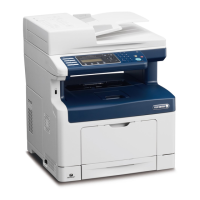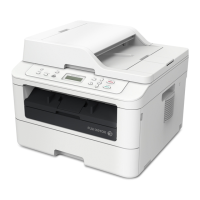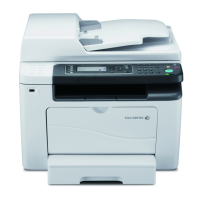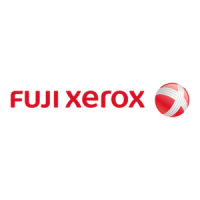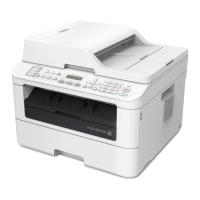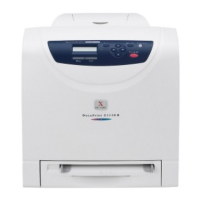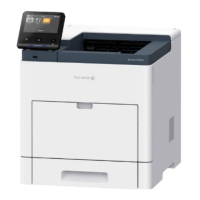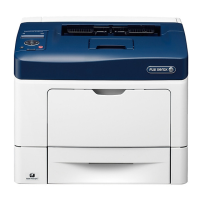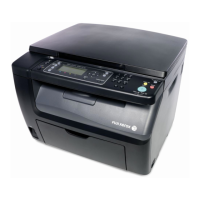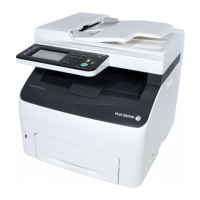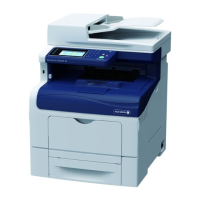Chapter 1 Service Call Procedure
1.1 Before Starting the Servicing
1-4
1.1.2 Notes on the Handling of Customer Information
1 Handling electronic customer information such as copy/print/received Fax samples (paper-
based) and log files (activity report, etc.).
When taking samples back to your base for the purpose of investigation/analysis, obtain consent from
the customer without fail. Besides, be sure to tell him/her the samples will be used only for the primary
purpose.
If asked by the customer to submit an application for taking samples out, use "FX Security Code: sepa-
rate document 15 'Administration Table for Giving and Receiving Confidential/Personal Information (IS-
019)'" or obtain consent in writing as directed by the customer.
2 Handling PWB storing customer information
Take great care in handling the PWB. Fax speed dial numbers and URLs the customer has entered in
the machine are important customer information, which is stored in the PWB in the machine.
1) At the time of replacement, be sure to transfer customer information onto the new PWB and clear the
information from the old one before discarding it, in order never to let the information leak out. (Detailed
in the prefaces to chapters 4 and 5.)
2) If the replacement of the PWB proves that it is not the cause of a specific problem, be sure to reinstall
it in the machine. (If having installed/removed PWB temporarily for diagnostics, clear information from
that part using Diag or by other means.)
3 Rewritten-in-maintenance NVMs involving security concerns
When conducting a test by rewriting NVM for security-related items such as polling, be sure to reset the
NVM to the former values after the work. (E.g.: For the details of polling, see FTO 2-202 common to all
the models.)
4 If/When maintenance work requires that our device be connected to the customer's network, be
sure to obtain the permission to do so from the customer's information system administrator (or
equivalent) through the person in charge.
5 Other notes on the handling of customer information
Besides the items 1 through 4 above, follow the rules and regulations on safety stipulated by your
OpCoYou, and take great care not to let information leak out.
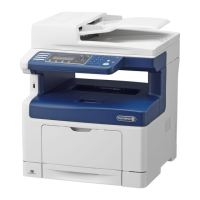
